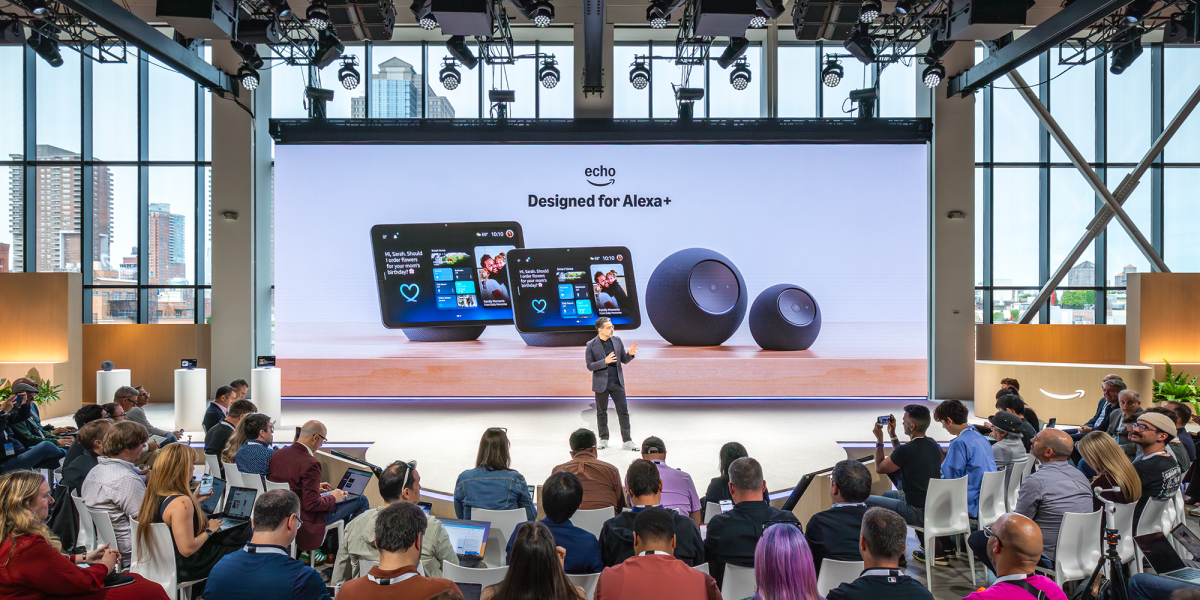Windows 11 2025 Update (25H2) Adds AI Features, WiFi 7, and Enterprise Enhancements

Microsoft’s Windows 11 2025 Update Now Available
Microsoft has officially released the Windows 11 version 25H2 update, continuing its commitment to evolving the operating system through annual feature updates. While this update does not introduce drastic changes, it includes several refinements enhancing user experience and enterprise functionality.
Key Enhancements in Version 25H2
The update enables AI-powered features like improved Windows Search and AI actions in File Explorer, which were previously limited to select users. Additionally, Windows 11 now supports Wi-Fi 7 enterprise access points, allowing faster, more reliable wireless connectivity for business environments. IT administrators gain better control through policy-based removal of preinstalled Microsoft Store apps, streamlining device management.
Update Delivery and Known Issues
The rollout follows a phased approach to ensure compatibility and smooth installation. Users should expect security patches and previous improvements bundled within. Some known issues persist, such as DRM-related playback problems, but Microsoft continues to address these promptly through ongoing updates.
About the Organizations Mentioned
Microsoft
Microsoft is a global technology leader that develops, licenses, and supports a broad range of software, services, devices, and solutions. Founded in 1975 by Bill Gates and Paul Allen, Microsoft initially gained prominence through its MS-DOS operating system and later Windows, which became the dominant PC operating system worldwide. Over time, the company expanded into cloud computing, productivity software, gaming, and AI, evolving from a software vendor into a comprehensive technology ecosystem[2][4]. Today, Microsoft’s core business revolves around its cloud platform, Azure, which supports enterprise digital transformation and AI innovation. In fiscal year 2025, Microsoft reported a strong financial performance with revenue reaching $76.4 billion, an 18% increase year-over-year, driven largely by a 27% growth in Microsoft Cloud revenue to $46.7 billion. Operating income rose 23%, and net income increased 24%, underscoring robust profitability. The company’s strategic focus on cloud and AI is central to its growth, with Azure surpassing $75 billion in revenue, reflecting broad adoption across industries[3][5]. Microsoft also leads in cybersecurity solutions, with Microsoft Sentinel recognized as a leader in Gartner’s 2025 Magic Quadrant for Security Information and Event Management (SIEM). This AI-powered cloud service enhances threat detection and response, reflecting Microsoft’s commitment to innovation in security and hybrid cloud environments[6]. The company employs over 220,000 people worldwide and continues to drive digital transformation both internally and for its customers. Its vision embraces the integration of AI and human intelligence, pioneering the “Frontier Firm” model—organizations that blend AI agents with human judgment to scale rapidly and innovate continuously[1][4]. With a diversified portfolio including Office 365, LinkedIn, Xbox, and Surface devices, Microsoft remains a dominant force in technology, shaping the future of work, security, and AI-enabled business transformation[2][3][6].

















